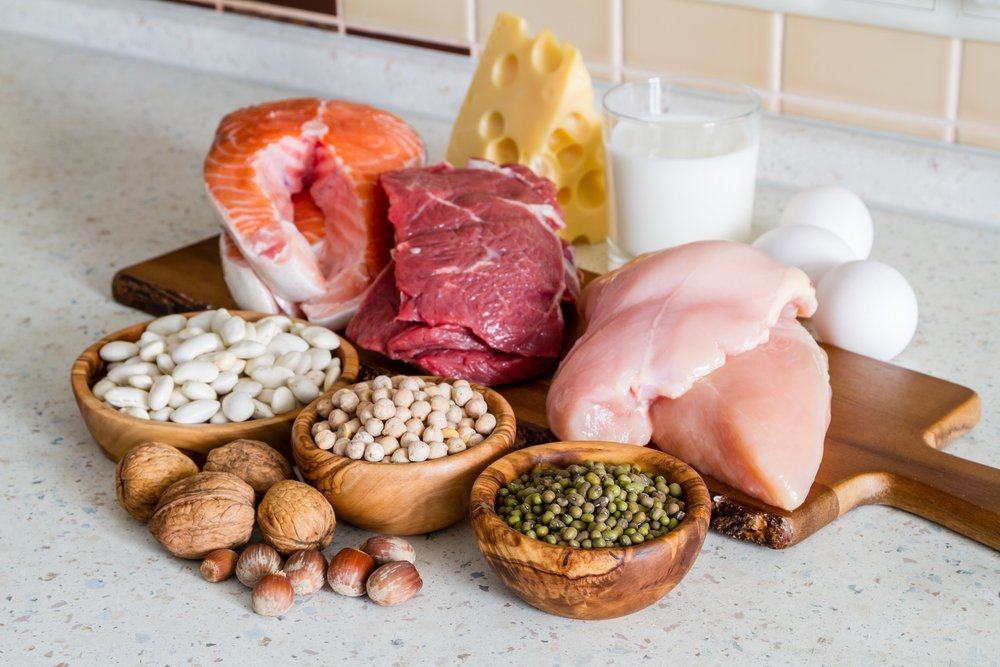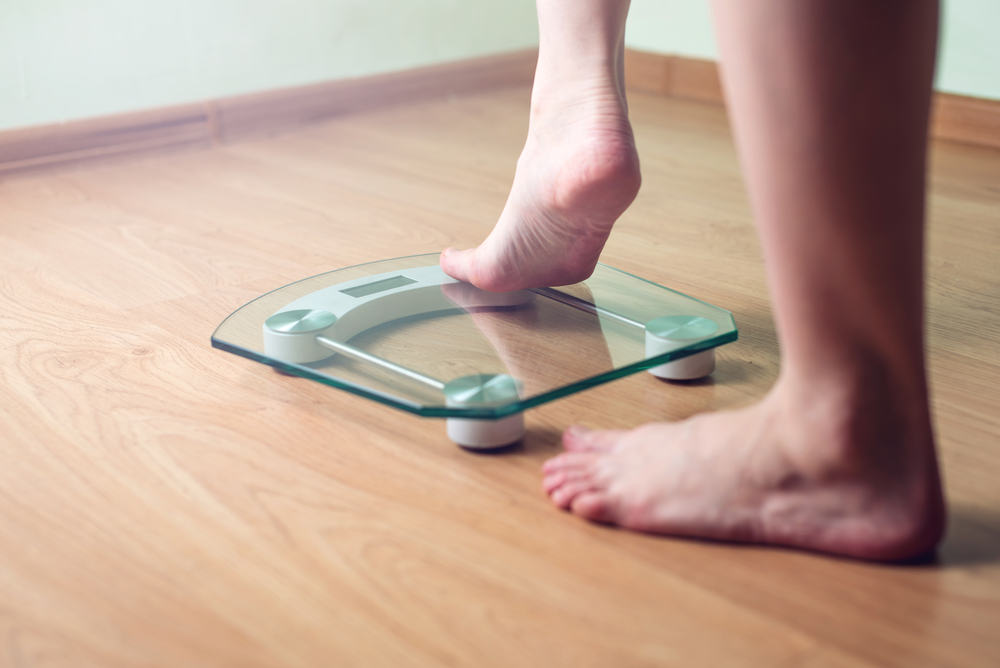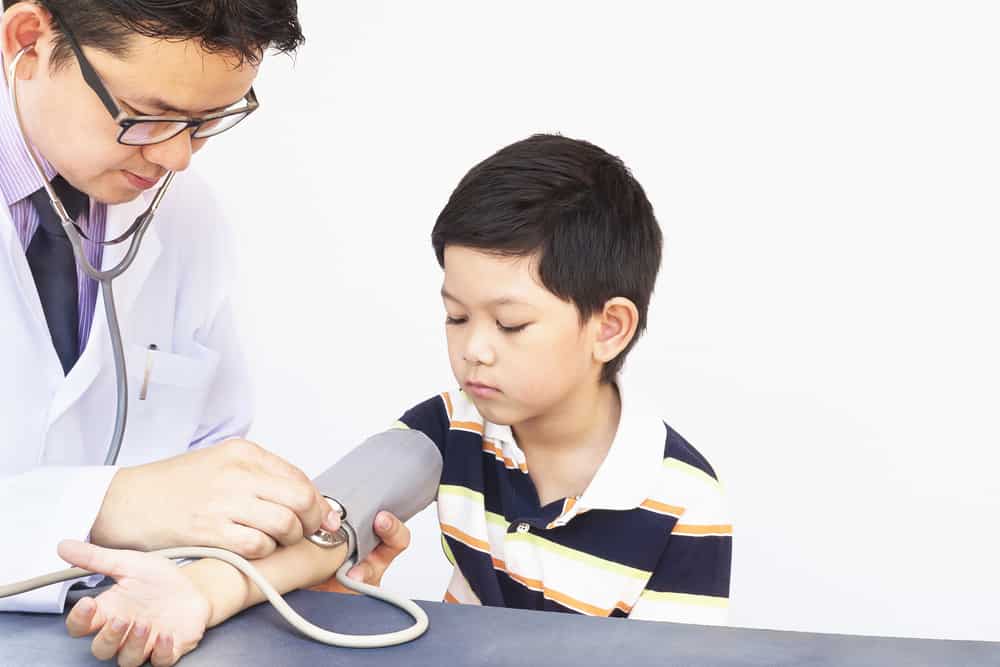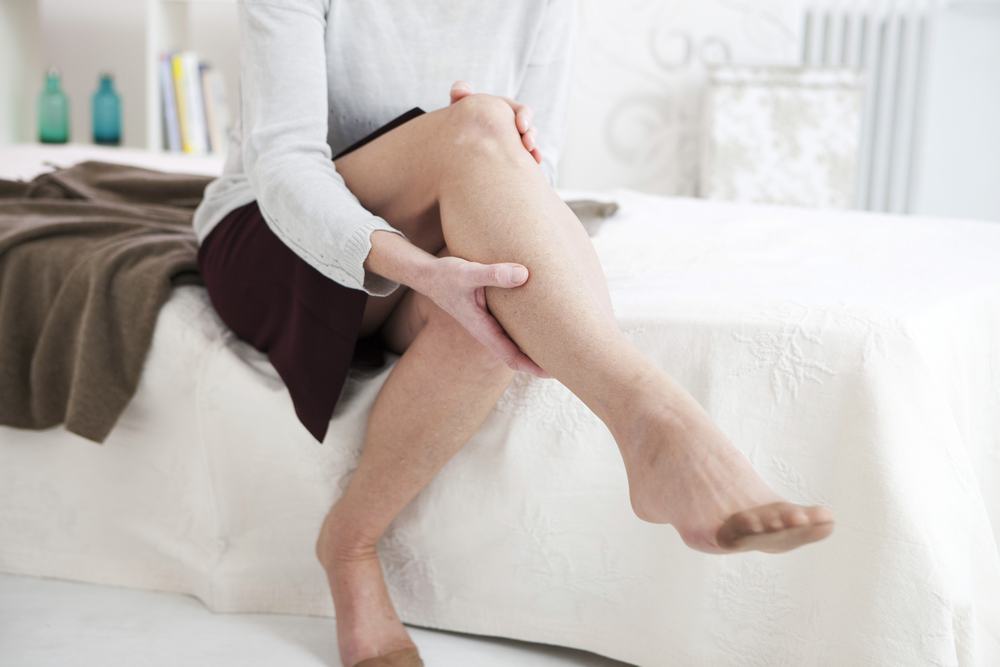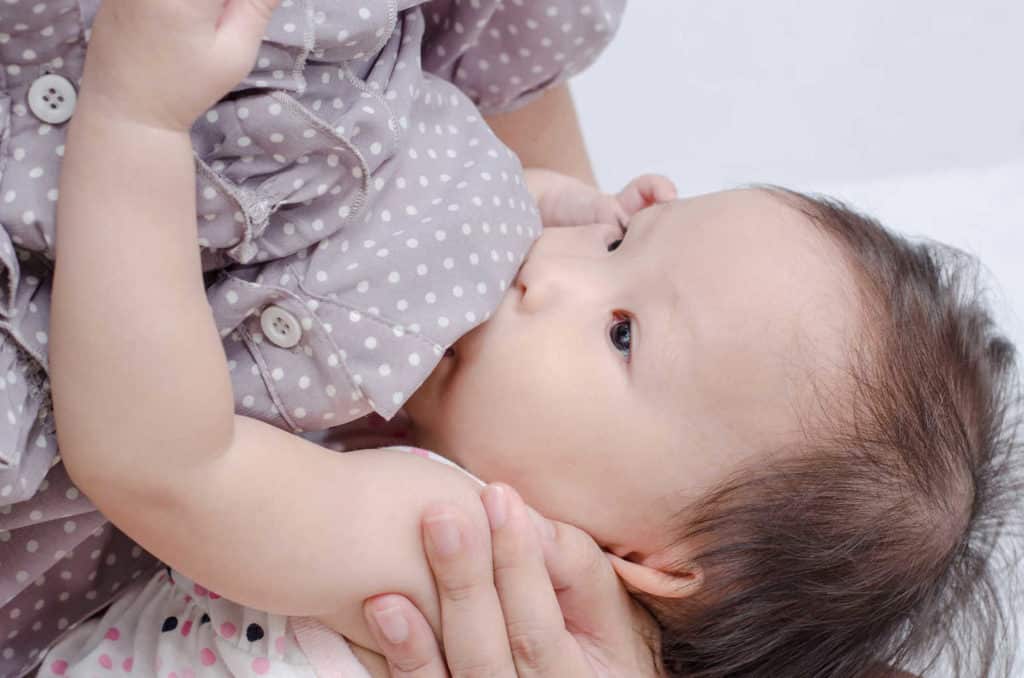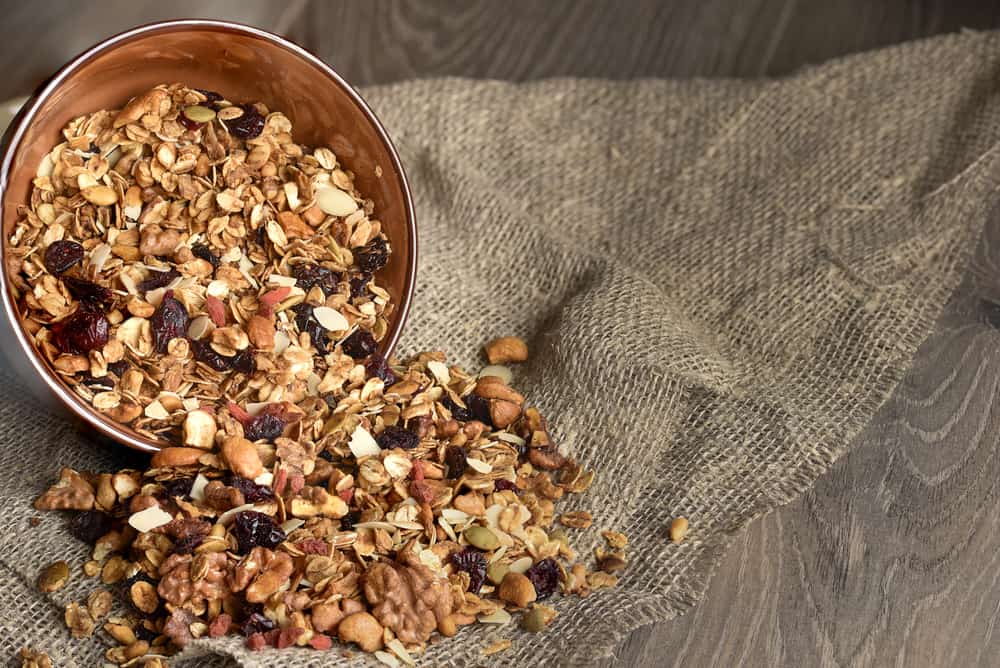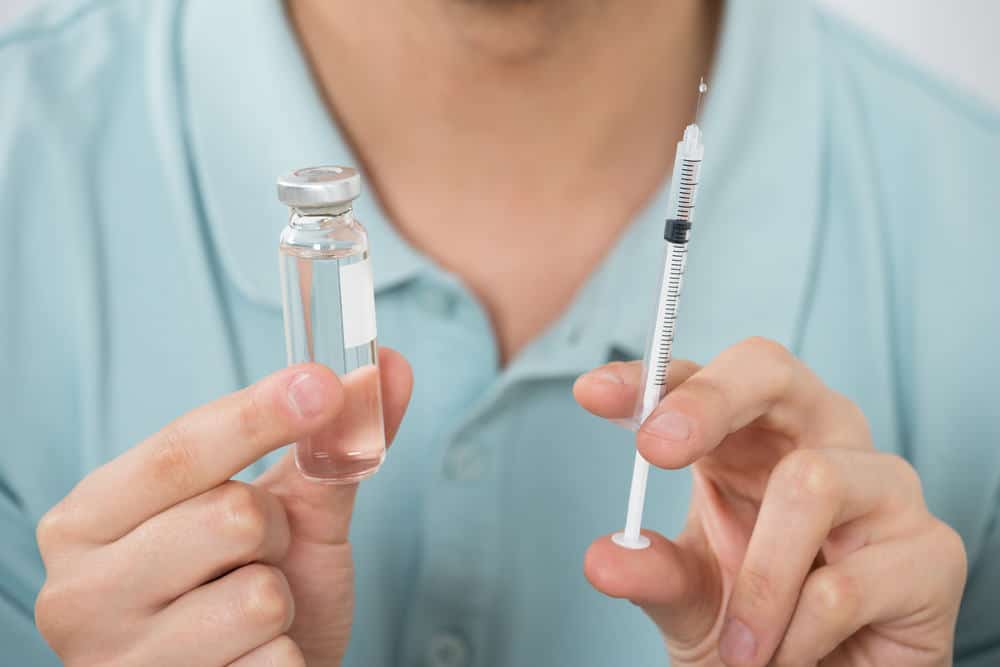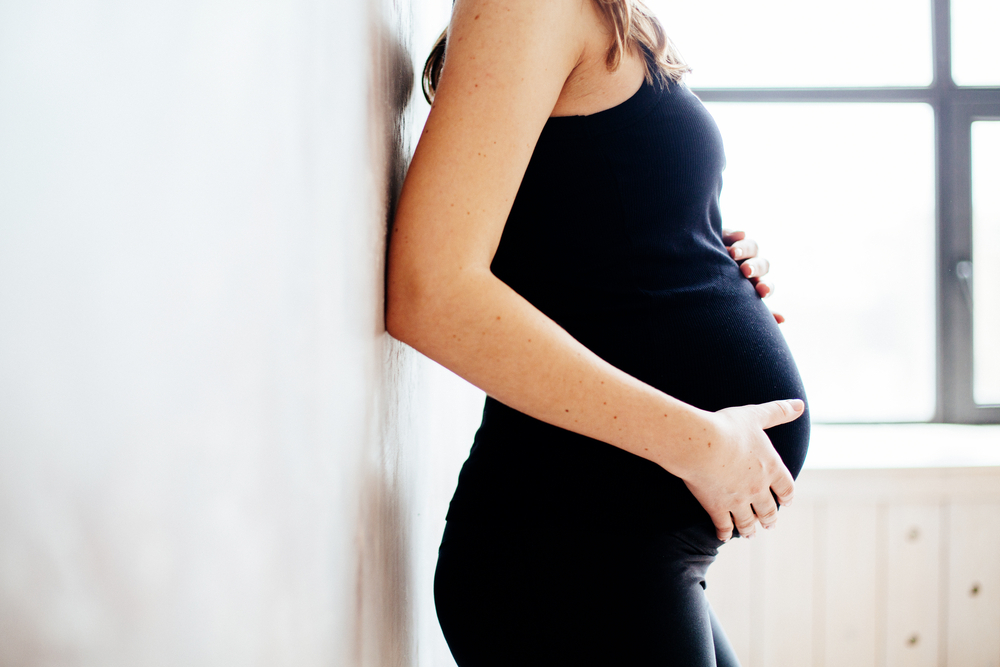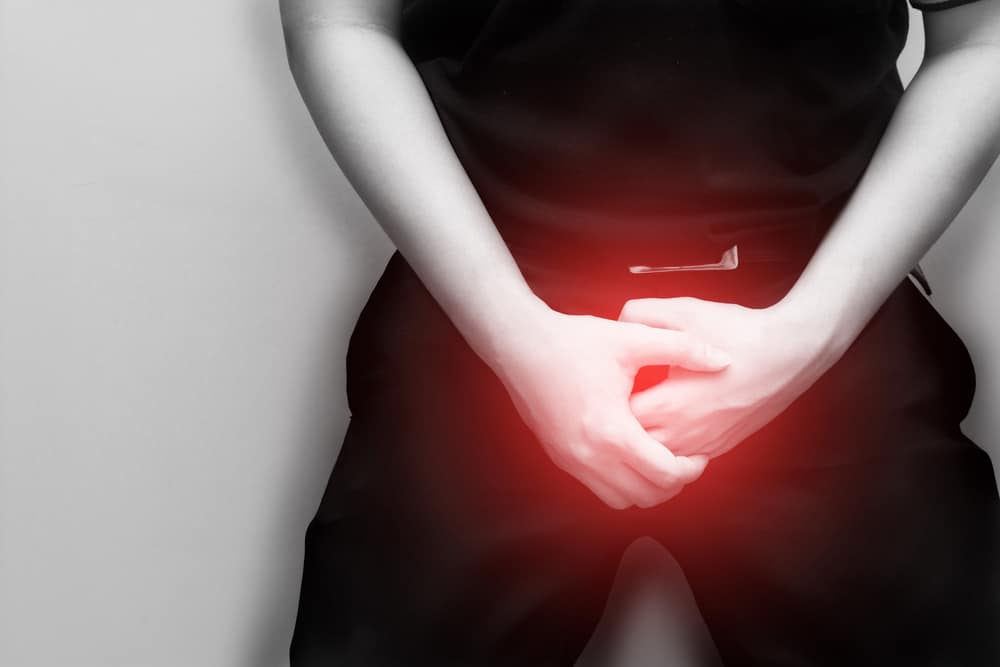Contents:
- Medical Video: Everything You Need to Know About the Keto Diet
- What is a high protein diet?
- Is it true that high-protein diets can restrain hunger?
- Is a high-protein diet good for health?
- High protein diet and kidney damage
- A diet high in protein and damage to the liver
- A diet high in protein and cancer
- Then, is consuming protein dangerous?
- So, how do you go about a safe high-protein diet?
Medical Video: Everything You Need to Know About the Keto Diet
Maybe you are on a diet to lose weight? Or are you undergoing a program to build body muscle? Many people are on a high-protein diet to lose weight or build muscle quickly. But is a high-protein diet safe?
What is a high protein diet?
Protein is a very important substance needed by the body. This nutrient is found in almost all body tissues and is a body building agent. Various important roles carried out by proteins in the body include supporting growth, forming the immune system, hormones, enzymes, and various other body tissues. Many dietary principles advocate consuming high protein and reducing carbohydrates. In addition, protein is considered to be able to withstand hunger for longer.
There are two types of high-protein diets, namely diets accompanied by carbohydrate restrictions and replaced with protein, and diets that replace all carbohydrate needs with protein. A high-protein diet usually spends 25 to 35 percent of total calories in a day. Whereas our body needs only about 10 to 15 percent of protein from the total calories a day. According to the Ministry of Health's provisions on nutrition adequacy rates, normal protein requirements that must be met every day are 62 to 65 grams for men and 56 to 57 for adult women, or as much as 0.8-1.0 grams per kg body weight per day.
Is it true that high-protein diets can restrain hunger?
Some experts claim that consuming more protein can increase satisfaction and endure hunger for longer. Eating foods that are high in protein so that low fat and carbohydrates will cause an increase in the leptin hormone in the body. The hormone leptin is a hormone that works to reduce and suppress appetite in the body. Therefore, many suggest increasing protein consumption if you want to lose weight.
Is a high-protein diet good for health?
There are several effects that might be caused by a high-protein diet. However, that does not mean a high-protein diet should not be done. Who should be more careful in undergoing a high-protein diet?
High protein diet and kidney damage
Although there are recommendations for kidney disease patients, such as kidney failure, not to consume too much protein, this does not mean that protein is not good for consumption. Actually, healthy people don't have a problem eating high-protein foods. Patients who have experienced kidney disease due to various risk factors, are not allowed to consume too much protein because it will aggravate the work of the kidneys, which have previously been damaged. However, what if the kidneys are healthy and able to work well? It's okay to eat a high-protein diet, and some studies say there is no evidence that a strong high-protein diet can cause kidney disease in healthy people.
A diet high in protein and damage to the liver
The liver is an organ that plays an important role in all metabolic processes in the body. Just as in the case of kidney disease patients, patients who experience liver dysfunction such as cirrhosis, it is recommended not to consume large amounts of protein, and even reduce the amount of protein in one day so as not to aggravate liver disorders. But in people who are healthy and have normal liver function, it's not a problem to eat foods high in protein. Until now there has also been no research that proves that eating foods high in protein can cause liver damage.
A diet high in protein and cancer
A study published in the Journal cell Metabolism found that consuming a lot of protein sources in a long time in mid-age increased the risk of death due to various causes as much as 74%, and the risk of death from cancer increased to 4 times greater than those who consumed protein low. Even the results of this study state that in the group of people who consume protein in moderate amounts still have a risk 3 times more likely to develop cancer than the group that consumes a small amount.
Then, is consuming protein dangerous?
Of course not, protein is still the most needed substance in the body, but the type of protein we eat affects the event. Most people might consider the source of protein only from beef or chicken and so on. Even though protein has two sources, namely animal protein derived from animals and vegetable protein derived from plants. In the study, the researchers stated that groups that consumed more vegetable protein, such as soybeans, kidney beans, and other legumes, had a lower risk of getting cancer.
So, how do you go about a safe high-protein diet?
From the various studies mentioned above, applying a high-protein diet does not cause problems for healthy people, but your body still needs other nutrients to support bodily functions. If you do a high-protein diet by replacing all amounts of carbohydrates with protein, then this will be dangerous for the body because it can cause ketosis, where the body lacks sugar in the body which is usually used as an energy source and then breaks down fat instead of fuel. This process will produce ketones in the blood which can be harmful to health.
Eat enough portions and keep consuming various food sources in a day to avoid you lacking a nutrient. In addition, you should choose good and low-fat sources of protein, such as nuts, fish, skinless chicken, lean beef, and low-fat dairy products.
READ ALSO
- Can the Cooking Process Eliminate Food Nutrition?
- Meeting the nutritional needs of children with ADHD
- 4 Missing Nutrients If You Don't Eat Fruit Vegetables

